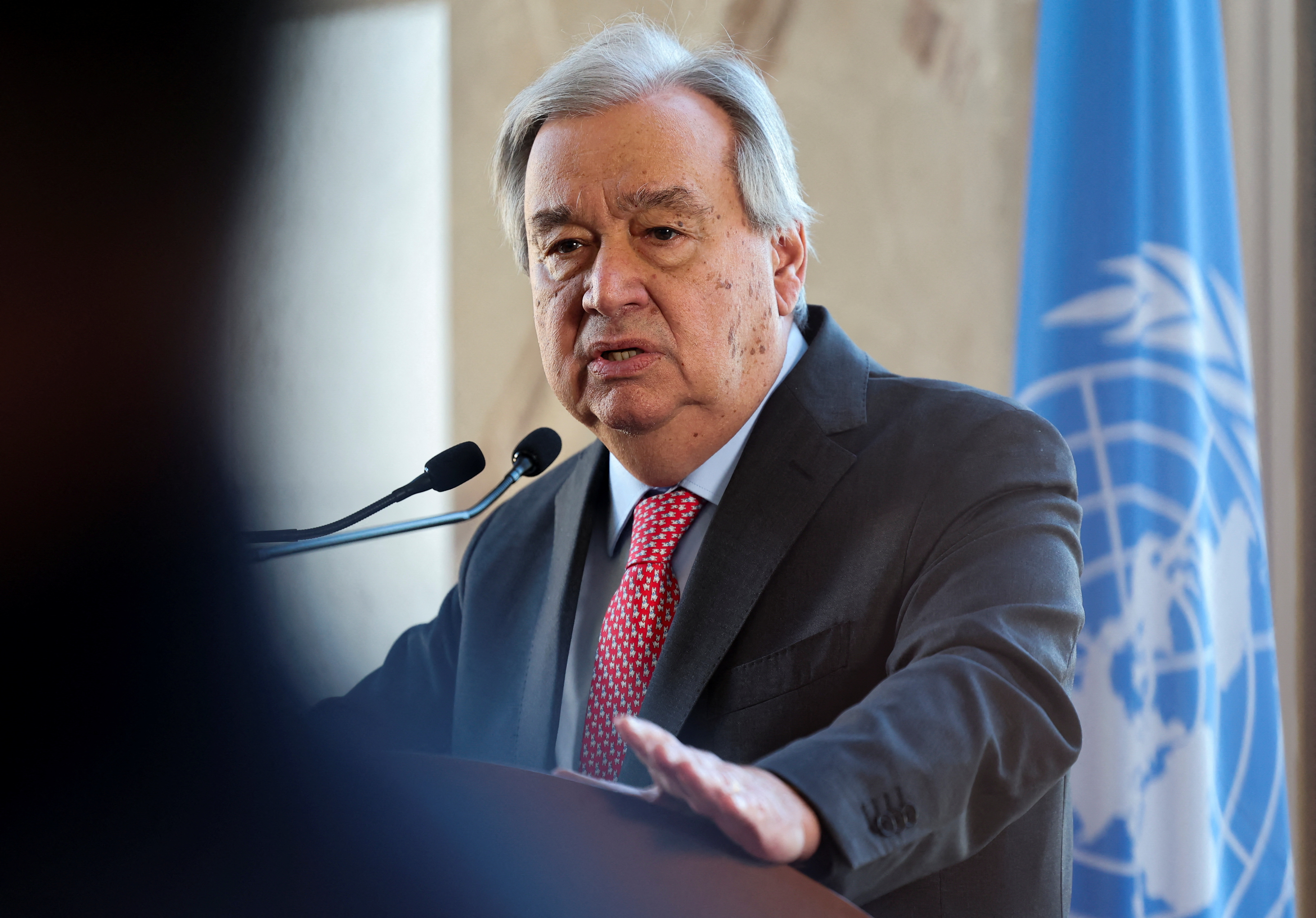Budget cuts at the United Nations have sparked fears that jobs may be lost at the UN’s good offices in Cyprus, the Cyprus Mail was informed on Thursday.
UN sources told the newspaper that of the good offices’ current 18 workers, as many as eight may lose their jobs when next year’s reduced budget is announced, while a slightly more optimistic prospect would see only four job losses.
At present, the sources said, the good offices in Cyprus’ budget is being discussed by the general assembly’s second committee, which has been given three options for its budget by the UN – a cut of 15 per cent, 25 per cent, or 40 per cent.
Once the second committee has made its decision, the budget will be voted upon by the general assembly.
However, the UN’s peacekeeping force in Cyprus (Unficyp)’s future looks to be on steadier ground, given that half of its current US$55 million (€46.8m) budget is covered by the Republic of Cyprus and Greece.
As such, the sources said, any cut made by the UN to Unficyp’s budget will only impact the half of the budget financed by the UN, with Unficyp therefore at risk of aggregate budget cuts of only 7.5 per cent, 12.5 per cent, or a maximum of 20 per cent.
Unficyp’s current mandate will expire on January 31 next year, with the security council required to extend that mandate before that date to ensure its continued existence.
UN Secretary-General Antonio Guterres is expected to submit reports on both the good offices and Unficyp at the beginning of January next year.
Earlier in the week, UN sources had told the Cyprus Mail that around 25 per cent of the UN’s total budget is to be cut as part of its current budget, while more cuts are expected in the coming years.
Those comments came with the UN set to formally remove the role of special adviser on Cyprus as part of the planned budget cuts.
That role was last held by Norwegian diplomat Espen Barth Eide, now the country’s foreign minister, between 2014 and 2017, with the UN having not since appointed a replacement after he resigned in August 2017, and negotiations having not resumed since they were abruptly cut off in Crans-Montana a month prior.
The sources had said that in the absence of a special adviser in recent years, the UN has instead elected to appoint a personal envoy, Maria Angela Holguin, who serves in a similar role to that of a special adviser, but with a number of key differences.
Firstly, the sources said, a special adviser reports directly to the UN security council and must as such adhere to the security council’s resolutions on Cyprus, with any talks on the Cyprus problem to be geared towards a bizonal, bicommunal federal solution with political equality between the two sides.
However, given that since Ersin Tatar was elected as Turkish Cypriot leader in 2020, he has refused to enter negotiations geared towards a federal solution to the Cyprus problem, the sources said, he has blocked the appointment of any new special adviser.
The sources said that as such, it was agreed that a personal envoy would instead be appointed, with a personal envoy reporting directly to the UN secretary-general of the day, and able to listen to Cypriot leaders who do not act within the previously agreed-upon bizonal, bicommunal, federal framework.
With the role of special adviser falling under the security council’s budget and the role of personal envoy falling under the secretary-general’s budget, the sources sought to clarify that Holguin’s role is not under threat in the current budget cuts.
They did also note that in the event that the positions of the security council and Cyprus’ two sides do once again align and formal negotiations under the agreed upon framework do once again look likely, there is “nothing to stop them” from appointing a special adviser if the security council deems it necessary.
Both sides of Cyprus and the UN security council could hypothetically be in agreement regarding the framework of a solution to the Cyprus problem in as little as a month’s time, given the fact that a Turkish Cypriot leadership election is set to take place on October 19.
At that election, Tatar will be challenged by former Turkish Cypriot ‘prime minister’ Tufan Erhurman, who advocates for a return to negotiations based on a federal solution.
However, to do so, he will likely have to convince Turkish President Recep Tayyip Erdogan, who said in his speech to the UN general assembly last week that a solution to the Cyprus problem “cannot be built on the federal model” – the model set out in UN resolutions.
This, Erdogan said, is because attempts to find a federal solution to the Cyprus problem have “failed due to the intransigent stance of the Greek Cypriot side”.






Click here to change your cookie preferences